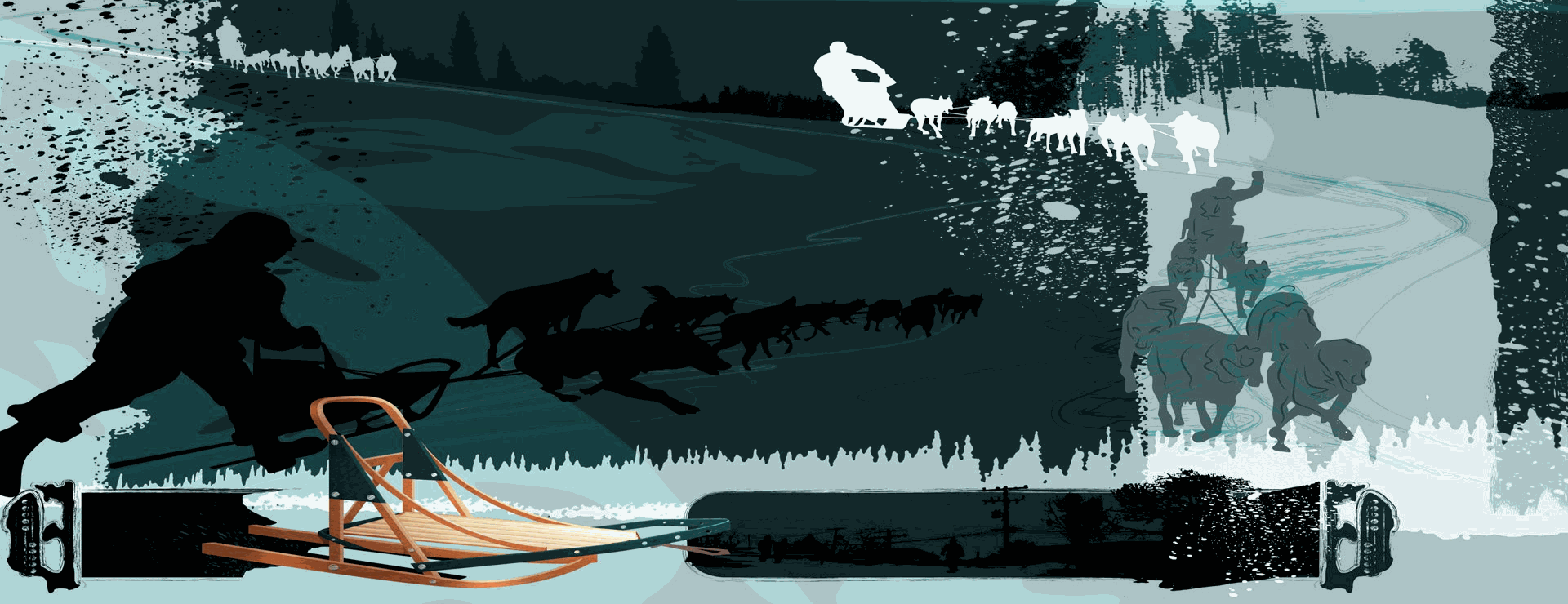How to choose the car night vision system that suits you
First talk about the classification of night vision systems.
Technically speaking, it can be divided into active night vision system and passive night vision system.
The active night vision system means that the device actively emits a kind of light that cannot be observed by the human eye. But it can be observed by the camera to display the image. Can be divided into laser night vision and near infrared night vision.
Passive night vision system refers to the device that receives light through passive processing and processes it after processing. Can be divided into low light level night vision and infrared thermal imaging.
Low-light night vision, as the name suggests, adds a micro-light tube (also called an image intensifier) in front of an ordinary camera, which magnifies the incident light hundreds of times to achieve night vision.
Infrared thermography is familiar to everyone, and can be seen in many military film and video works, by detecting different temperatures of objects to form images.
The number of urban vehicles is increasing, and more and more vehicles need a kind of sports or non-moving objects that can effectively resist the nighttime headlights and can effectively remind pedestrians, bicycles, roadblocks, etc. that they do not emit light. Special equipment.
At present, the market prospect of the car night vision system is very broad, and the demand is also very large. Today, for the four common night vision systems, we will analyze each of them from three aspects.
First, the imaging effect
First of all, the low light level night vision.
According to the principle, low-light night vision will magnify incident light hundreds of times. So in the case of 100% darkness it is impossible to image. In addition, when there is a headlight of the head vehicle, the low-light camera completely fails. The next point of the camera will even burn out because the incident light is too strong. Therefore, it is difficult to enter the civilian vehicle market for low-light cameras. It is necessary to solve a series of technical problems before commercial use.
Then say near-infrared night vision, this technology has a lot of applications. Applying to the car night vision system, for the opposite headlights, the camera still needs a better image algorithm, and the image has a certain influence on the imaging effect when the light is too strong. At the same time, if the two cars in the opposite direction are equipped with a near-infrared night vision system, the infrared rays emitted by the infrared lamps will interfere with each other and affect the normal imaging.
In addition to the laser night vision system, the biggest problem is that the change of light will have an impact on imaging.
Finally, far infrared thermal imaging. Far-infrared thermal imaging is the best and most perfect vehicle night vision. It is extremely resistant to extreme weather such as fog, rain and snow, and perfectly shields the headlights of the headlights (the headlights are not displayed at all). The ability to find foreign objects is excellent and the sensitivity is extremely high. However, the price of infrared thermal imaging is a bit high, and the market is not very popular. However, with the localization of the infrared focal plane detector of Wuhan Gaode Infrared Co., Ltd., the price of the far-infrared night vision system continues to fall, which is no longer a problem. Infrared thermal imaging technology has matured over the past few years, and it is believed that there will be better on-board far-infrared night vision systems.
Second, the assembly problem
Low-light night vision, laser night vision and near-infrared systems can all be installed in the cab. It is actually the most convenient from an installation point of view. Similar to a driving recorder.
Far-infrared thermal imaging night vision needs to be installed outside the cab because this device cannot have glass that is blocked in front of the camera lens. Therefore, far infrared thermal imaging night vision requires a separate place in the front of the car body to be used to place the camera.
Third, security issues
Low light level night vision and infrared thermal imaging have no safety issues. However, in the near-infrared and laser night vision, there will be close distances, which may cause fire or burns under high power, and may cause blindness in extreme cases.
Comprehensive analysis
At present, the best effect is the infrared thermal imaging car night vision system. In the past, the price has restricted its popularity. With the price factor of Gaode Infrared breaking through the industrial chain, the future infrared thermal imaging may be the urgency of popularization of the car night vision system. pioneer.







